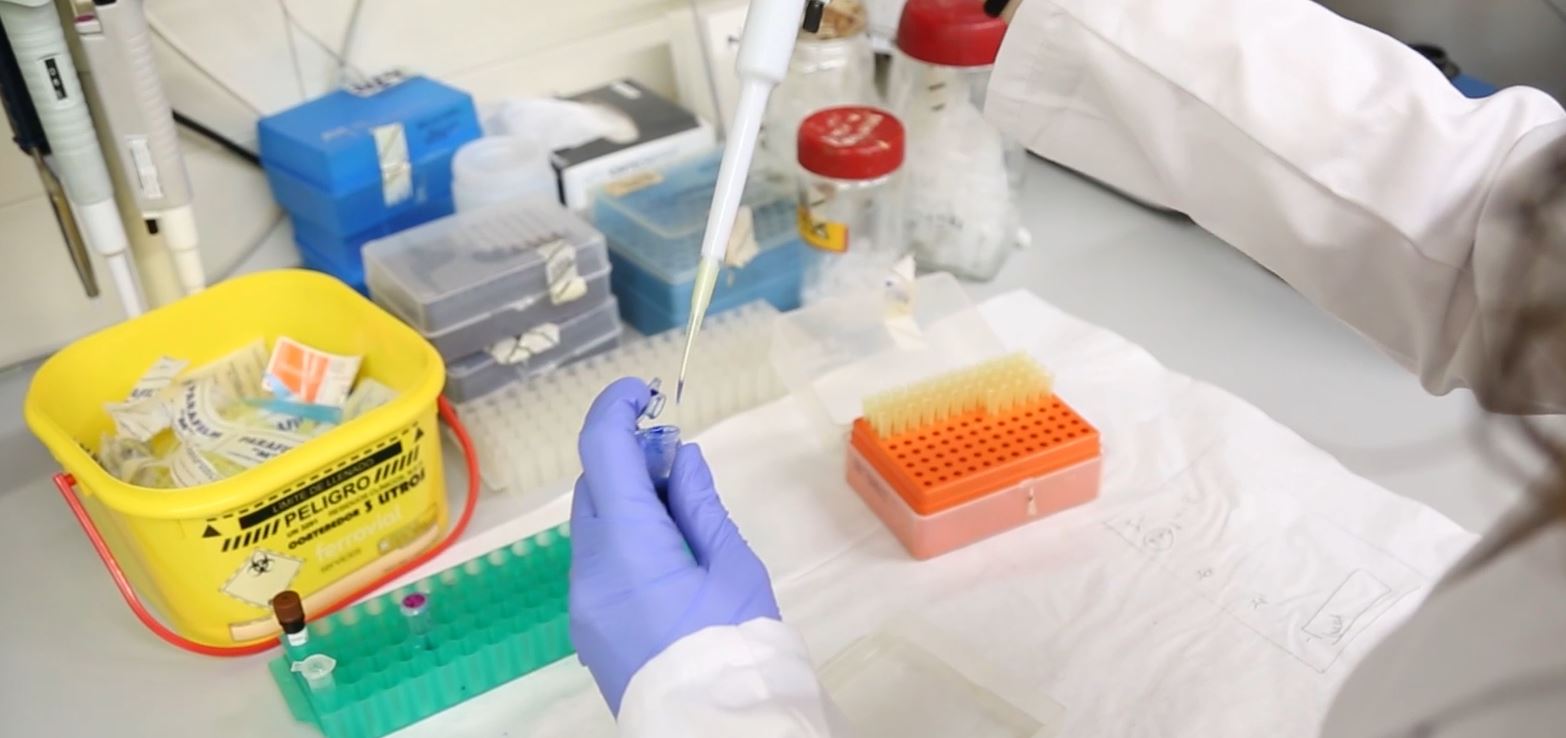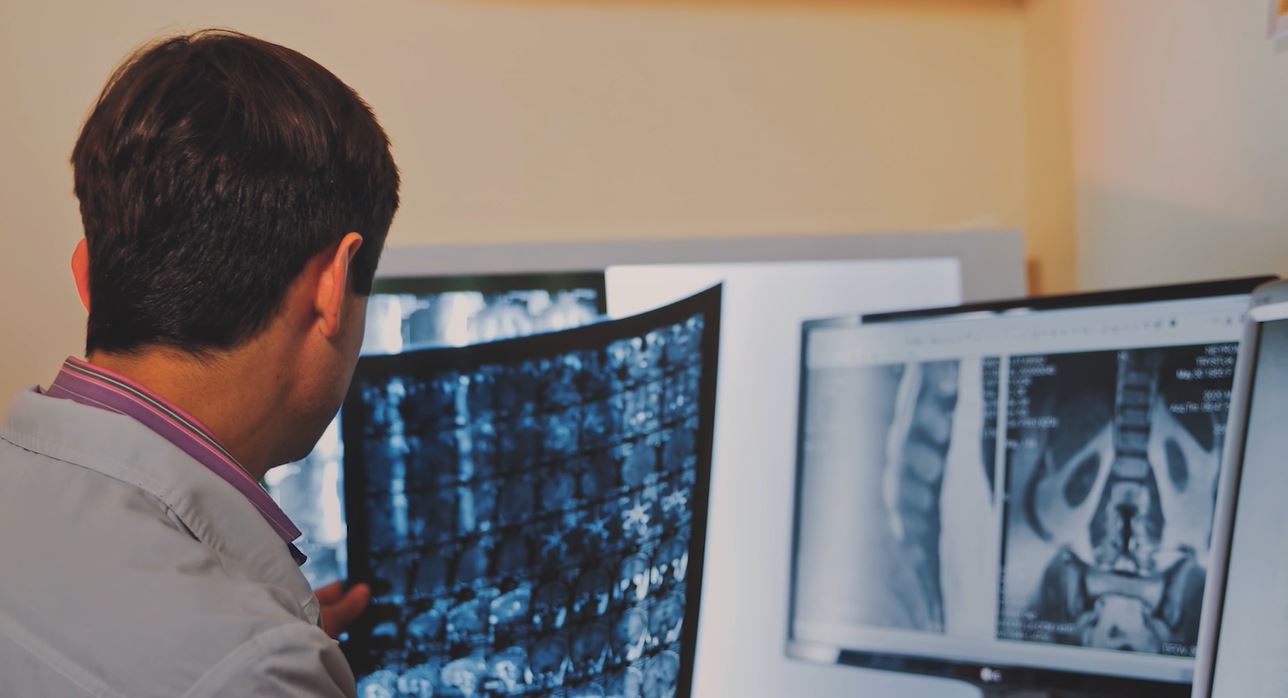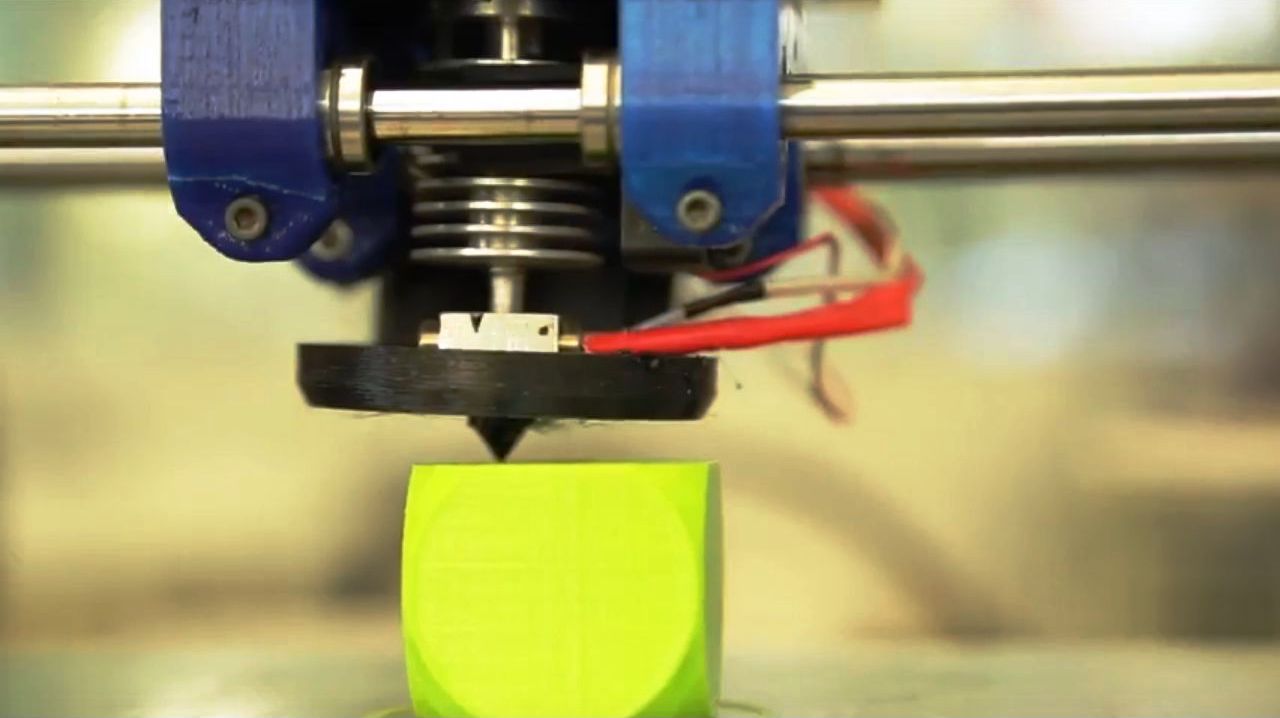
Neurobiologist
Other denominations
Specialist in nervous system biology
Description
Neurobiologists study the general mechanisms of how the nervous system works and research related biological systems. Their objectives are to understand the biological foundations of the human mind (behaviour, emotions and intelligence), to understand the development of the nervous system and its structural and functional relationships and to know the causes that trigger neurological diseases, with the aim of developing new pharmacological, genetic or cellular therapies for their treatment. Employ knowledge and techniques from molecular and cellular biology, neuroanatomy, neurohistology, neuroimaging, neurogenetics, neuropsychology, gene therapy and neurology or systems biology for searches. The working field includes higher intellectual functions such as learning, memory and other cognitive functions, as well as their alterations in neurodegenerative diseases and brain damage that affect them, autonomous functions and eneratives and brain damage that affects them, autonomous functions and circadian rhythm. In recent years, bioinformatics advances have let the development of theoretical models to try to explain neurobiological, structural and functional events be included in this panorama, as well as the design of molecular network models involved in different nervous-system functions. Neurobiologists work in multidisciplinary environments with geneticists, pharmacists, computer engineers, electrophysiologists, chemists, psychobiologists, doctors, nurses, biocomputer engineers, mathematicians, physicists and zoologists, sharing knowledge and working together to move forward in developing diagnostic and therapeutic improvements.
Tasks
- Can, in general terms, study and research the structure and either normal or pathological operation of the nervous system, across its different levels of organisation :
"Systemic level": The Central Nervous System (CNS); Sensory systems of the brain (feeling and perception); Motor systems of the brain (control of voluntary and involuntary movements); circuits and systems which control functions such as vision, breathing and behaviour.
"Cellular level" (neurons and other cells). Includes cell therapy, that is, the transplantation of neuron precursor cells or genetically modified cells.
"Cell Communication Level" (neuron connections or synapses and the role of the surrounding myelin sheath, which constitutes a kind of neuron cabling which allows the speedy transmission of messages via the brain).
"Molecular Level" (cell components and "neurotransmitters", which are substances found in cell synapses which enable the transmission of signals, as well as the molecular and genetic mechanisms which intervene in neuron function). This level includes gene therapy, meaning direct intervention on the nerve cell genome for therapeutic purposes. - Use different research methodologies and techniques such as assay techniques (chromatography, radioimmunassay, inmunohistochemistry, enzymatic markers, magnetic resonance, genetic testing), microscopy, histological and neuroanatomical techniques, cell and tissue cultures, neurofunctional and conductive tests, experimental and biocomputer science surgery.
- Study specific problems and their conceptual framework. Propose a theoretical hypothesis and devise the methodology to research it experimentally. Carry out (or conduct) the established experiments and analyse their results. Upon discussing the results, extract conclusions to be used in order to evaluate therapeutic alternatives.
The various projects in which he/she may become involved include a variety of subjects such as the neurological bases of emotional and learning behaviour, the most suitable treatments for pain, brain ageing and disorders in the natural repair or regeneration of the nervous system. - The neurobiologist must continuously exchange knowledge and keep up to date with advances regarding the neurobiological nature of brain function. Both in terms of functions related to cognitive intelligence (attention, learning, language, abstraction, memory and related processes) and those related to emotional intelligence (handling of emotions, social relations and motivation). Must often attend international congresses and share knowledge via other media, whether written or aural.
- This profile also carries out management tasks.
Raise funds for his/her own research via international and nationwide competitive examinations which must usually be managed with the assistance of an administrative department.
Evaluate research projects.
Organises scientific meetings.










 | Catalan | Beginner
| Catalan | Beginner | Catalan | Advanced
| Catalan | Advanced
 Open
Open | English | Beginner
| English | Beginner







